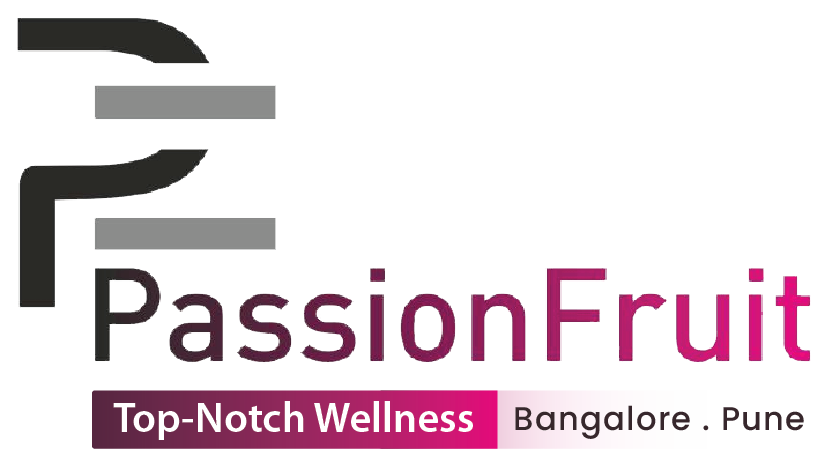Sexual health is a vital aspect of overall well-being, encompassing physical, emotional, mental, and social dimensions related to sexuality. Despite its significance, discussions around sexual health often remain shrouded in taboo and misinformation. This article delves into the importance of sexual health awareness, highlighting its impact on individual health, relationships, and society at large.

The Importance of Sexual Health Awareness
Raising awareness about sexual health is crucial for several reasons:
1. Prevention of Sexually Transmitted Infections (STIs) and Unplanned Pregnancies
Comprehensive sexual education equips individuals with knowledge about safe sex practices, including the correct use of condoms and other contraceptives. This education is essential in reducing the incidence of sexually transmitted infections (STIs) and unplanned pregnancies. Access to STD testing and regular health checkups can help detect infections early, ensuring timely treatment.
2. Promotion of Healthy Relationships
Understanding concepts like consent, boundaries, and effective communication fosters healthier and more respectful relationships. Sexual health awareness encourages individuals to engage in consensual and satisfying sexual experiences, contributing to emotional and mental well-being.
3. Early Detection and Treatment of Sexual Health Issues
Awareness facilitates early detection of sexual dysfunctions, such as erectile dysfunction (ED), low libido, and pain during intercourse. Seeking medical advice for these conditions can improve quality of life and prevent further complications. Regular screenings for cervical cancer, HPV, and other conditions are essential components of sexual health care.
4. Reduction of Sexual Violence and Coercion
Educating individuals about sexual rights and respectful behaviors can contribute to reducing instances of sexual violence and coercion. A comprehensive understanding of sexual health includes recognizing and preventing abusive behaviors, thereby fostering safer communities.
Barriers to Sexual Health Awareness
Despite its importance, several barriers hinder effective sexual health awareness:
1. Societal Taboos and Stigma
Cultural and religious beliefs often label discussions about sexual health as inappropriate, leading to misinformation and shame. This stigma can prevent individuals from seeking necessary information or medical care.
2. Lack of Comprehensive Sexual Education
Inadequate or abstinence-only sexual education programs fail to provide young people with the tools they need to make informed decisions about their sexual health. Comprehensive sex education is essential for promoting safe and healthy sexual behaviors.
3. Limited Access to Healthcare Services
Economic and geographical factors can restrict access to sexual health services, including STI testing, contraceptive counseling, and fertility treatments. This limitation disproportionately affects marginalized communities, exacerbating health disparities.
Strategies to Enhance Sexual Health Awareness
To overcome these barriers, a multifaceted approach is necessary:
1. Implement Comprehensive Sexual Education
Schools and community programs should offer age-appropriate, culturally sensitive, and evidence-based sexual education. This education should cover topics such as anatomy, reproduction, contraception, STIs, consent, and healthy relationships.
2. Promote Open Dialogue
Encouraging open discussions about sexual health within families, schools, and communities can normalize the topic and reduce stigma. Public health campaigns that use relatable content have been effective in conveying serious health messages.
3. Improve Access to Healthcare Services
Expanding access to affordable sexual health services, particularly in underserved areas, ensures that individuals can obtain necessary care without fear of judgment or financial burden.
4. Utilize Digital Platforms for Awareness
The digital age offers innovative avenues to promote sexual health awareness:
- Online Educational Platforms: Websites and apps provide accessible information on sexual health topics.
- Telehealth Services: Remote consultations for sexual health concerns increase access to care.
- Social Media Campaigns: Leveraging social media to disseminate accurate information can reach a broad audience.
Addressing Common Sexual Health Concerns
Understanding and addressing common sexual health concerns is a vital component of sexual health awareness:
1. Erectile Dysfunction (ED) and Low Libido
Erectile dysfunction treatment and solutions for low sex drive are essential topics in men’s sexual health. Psychological factors, underlying medical conditions, and lifestyle choices can contribute to these issues. Consulting a sexologist or a urologist can help determine the best treatment options.
2. Vaginal Health Issues
Conditions like vaginal dryness, recurrent infections, and pain during intercourse can significantly impact women’s sexual health. Proper hygiene, hormone therapy, and medical consultations can help manage these issues effectively.
3. Contraceptive Methods and Family Planning
Understanding various birth control methods, including IUDs, oral contraceptives, and emergency contraception, empowers individuals to make informed reproductive choices. Consulting a gynecologist can help find the best option based on individual health needs.
4. Sexually Transmitted Infections (STIs)
Regular STD testing, vaccination for HPV, and practicing safe sex are crucial for preventing STIs. Early detection and treatment of chlamydia, gonorrhea, and HIV can prevent long-term health complications.
5. Sexual Well-being and Mental Health
Sexual well-being is closely linked to mental health. Anxiety, stress, and past trauma can affect sexual performance and desire. Seeking therapy or counseling can help individuals address these concerns and improve their overall sexual health.
Final Thoughts
Sexual health awareness is essential for fostering healthier individuals, relationships, and societies. By promoting comprehensive sexual education, open dialogue, and accessible healthcare, we can break taboos and empower individuals to make informed decisions about their sexual health. Prioritizing sexual well-being not only improves physical health but also enhances emotional and mental well-being, contributing to a more informed and healthier society.
If you’re experiencing any sexual health concerns, don’t hesitate to seek professional advice from a sexologist, gynecologist, or urologist. Knowledge and proactive care are the keys to maintaining a fulfilling and healthy sexual life.









